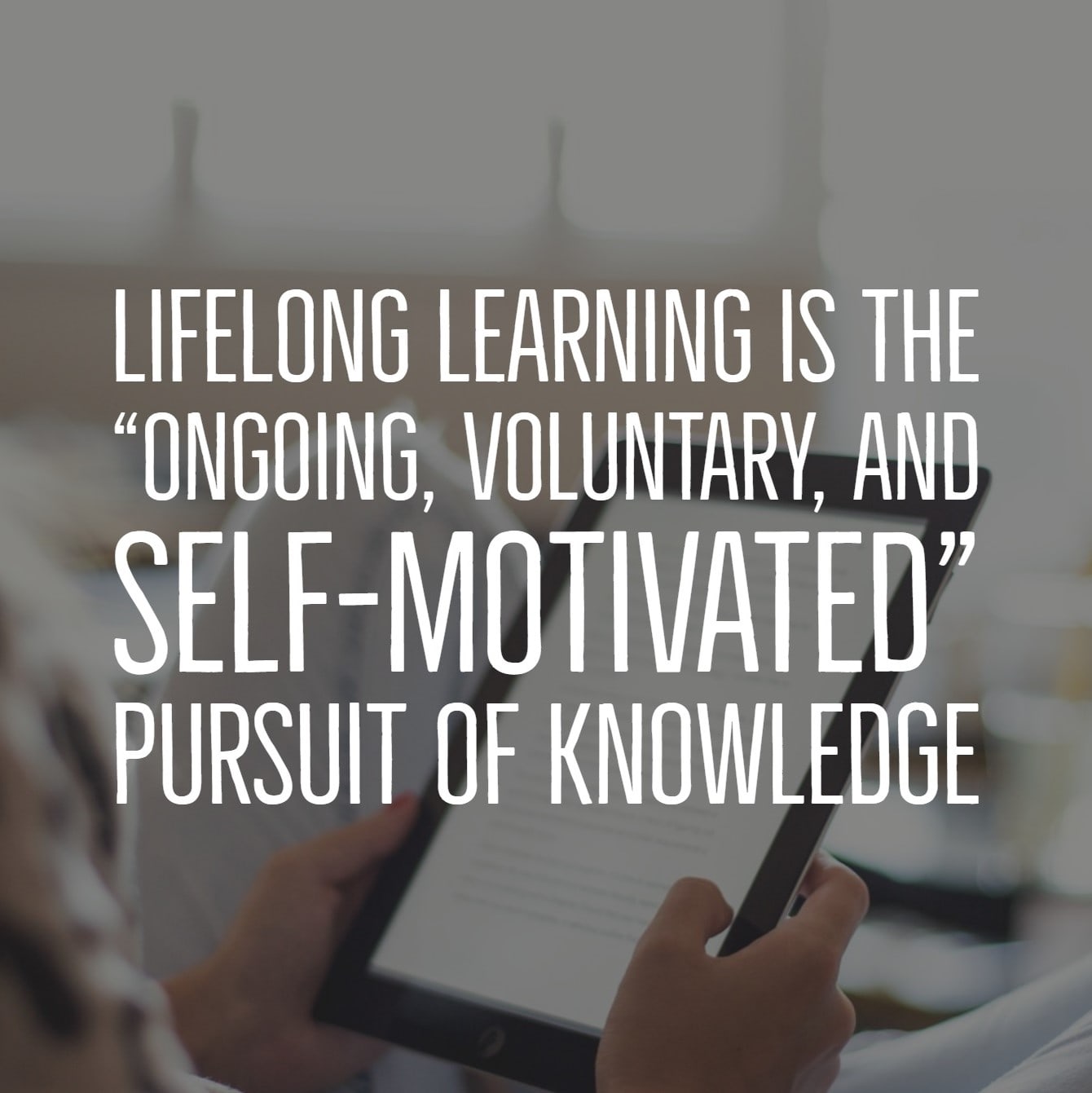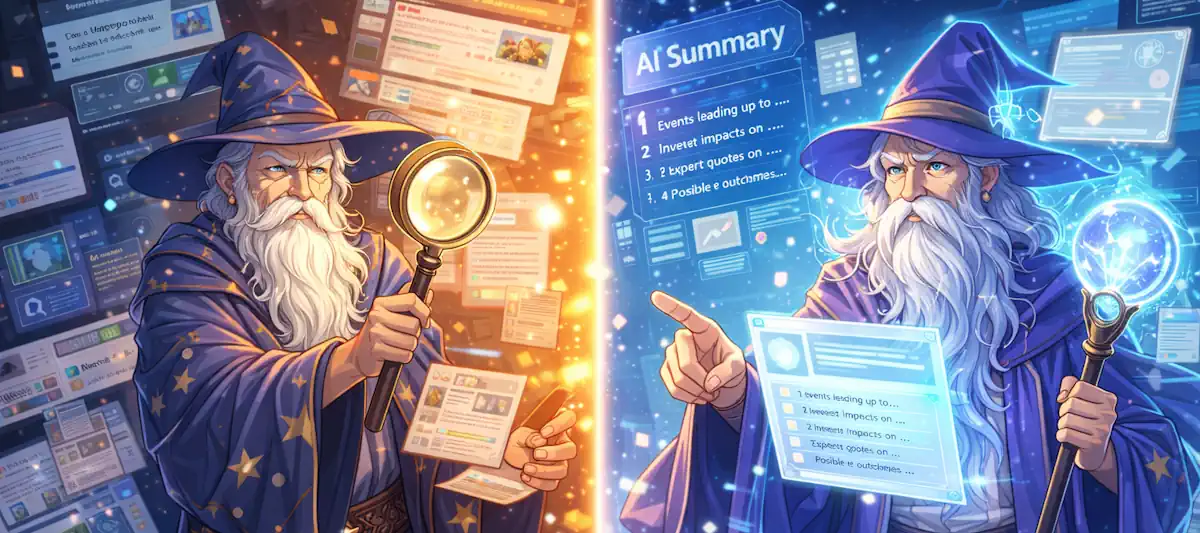
What’s the worst part of your job as a team lead or manager? Deadlines? Crazed customers?
Nah, that’s simple stuff!
It’s probably hiring and building a technical team. Figuring out which life experiences equate to which certifications and who best meshes with your team can be really difficult.
Here’s a some tips to simplify all of those comparisons into what, I think, really matters.
Find and Hire the lifelong learners
The projects, certifications, and life experiences of a potential team mate are important; however, their capacity to grow (and continue growing) is much more valuable to an organization–especially in STEM fields where every day is a new technology platform, programming language, and architecture.
What’s a lifelong learner?
According to a paper titled Learning for Life: White Paper on Adult Education from 2000:
The “ongoing, voluntary, and self-motivated pursuit of knowledge”, huh? Those sound like the same traits we look for in any candidate.
My recommendation
While not the only merit, look for team members who are not only curious about what’s out there, but constantly striving to sate their curiosity by learning and implementing on their own. Take these individuals and empower them… for they are the ones who will come up with fantastic solutions in the future.
How to be a lifelong learner
Becoming a lifelong learning takes time, energy, and dedication. Here’s a few tips that I use:
- Read. Whether on paper, Kindle, or audio books, seek out new ideas in long form. Personally, I tend to skip “programming” books and focus my book learning on business, concept, memoirs, and humor. Yep, you saw that right–humor. I love a good, funny story and learning shouldn’t just be facts and figures. I try to get in 2-3 books a month.
- Do new things. Try out a new programming language, learn a new workout routine, hit up museums and galleries. There’s a wealth of knowledge out there for the visual and tactile learner that simply requires a bit of “doing”.
- Check out eLearning. With the popularity of eLearning and online universities offering free (usually via audit) courses, you can take self-paced classes from the ivy league schools from the comfort of your living room. edX and Coursera are two of the biggest formal universities, but you can also find some amazing homemade tutorials searching out YouTube.
- Contribute to public projects. Sometimes, jumping head first in is a great way to learn. Interested in learning to create a web site? Volunteer with a local non-profit to put together a site. Have an itch to dig into some new programming language? Look up to see if the project or an open-source library needs some volunteers for writing documentation or guides. There’s plenty of people out there willing to offer some on-the-job training for willing learners.









